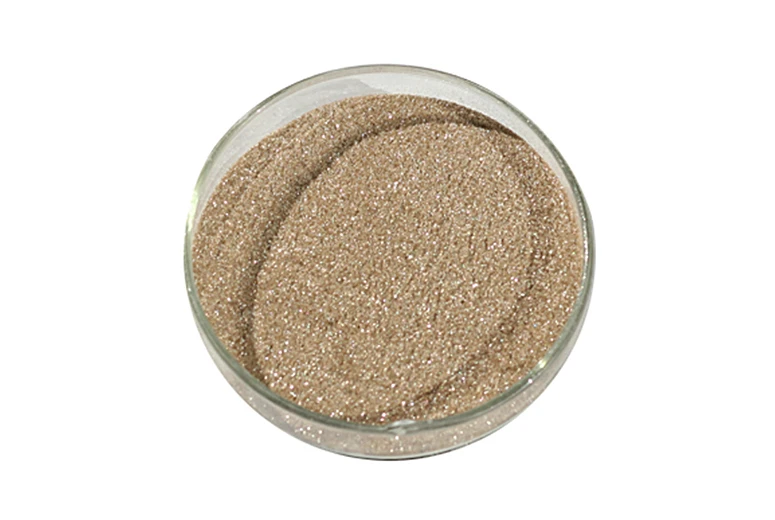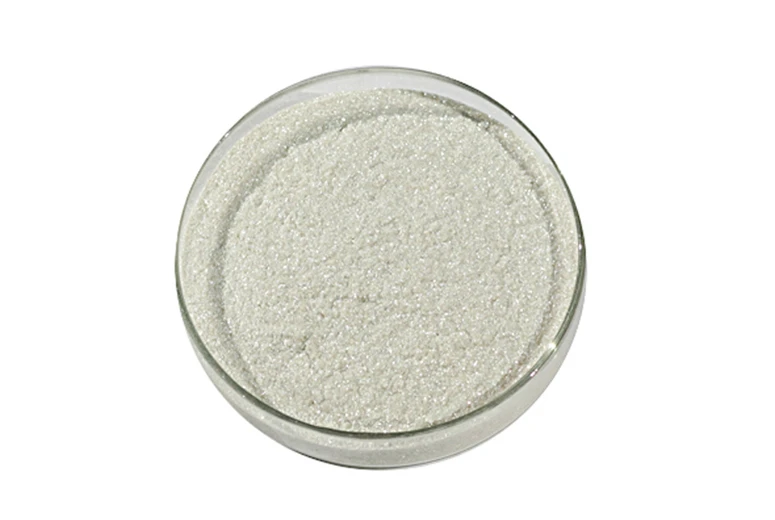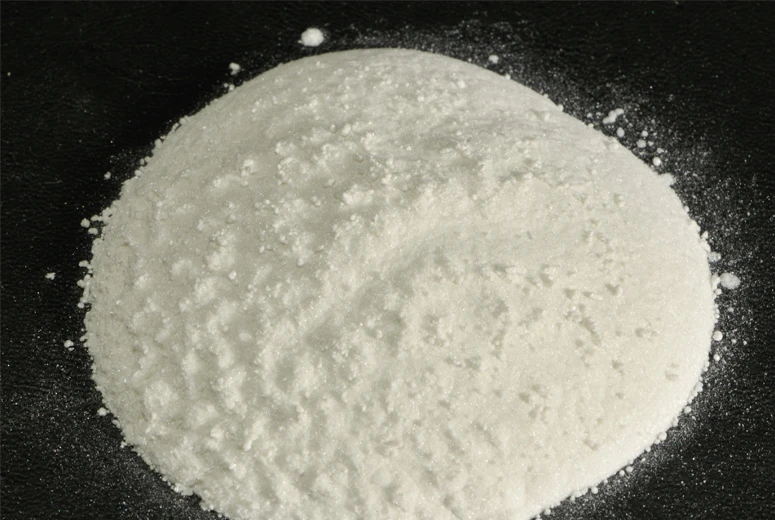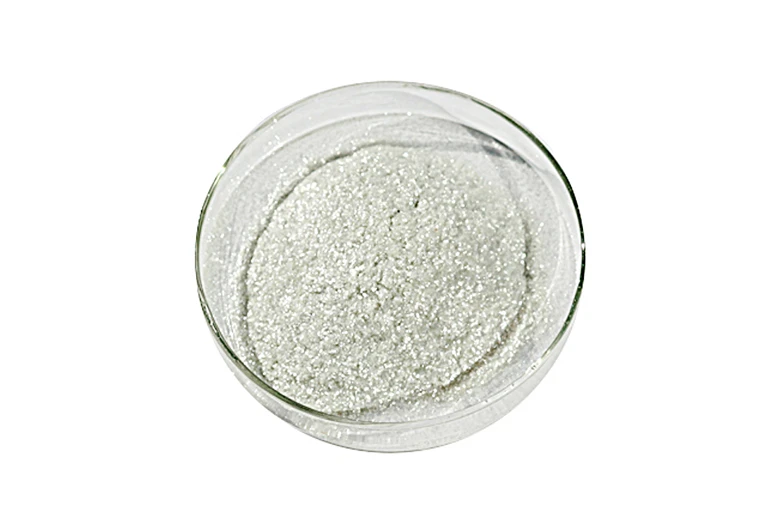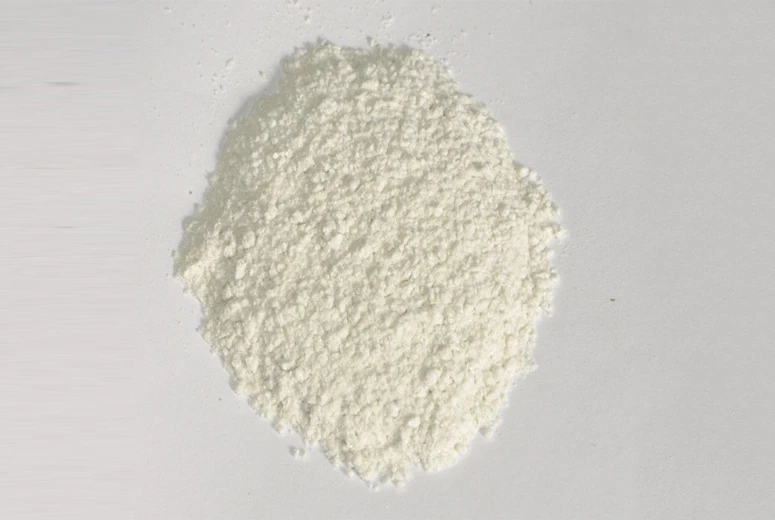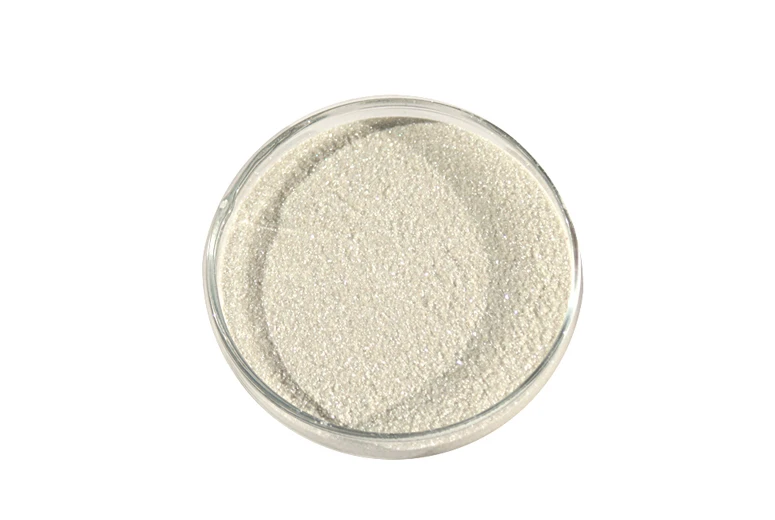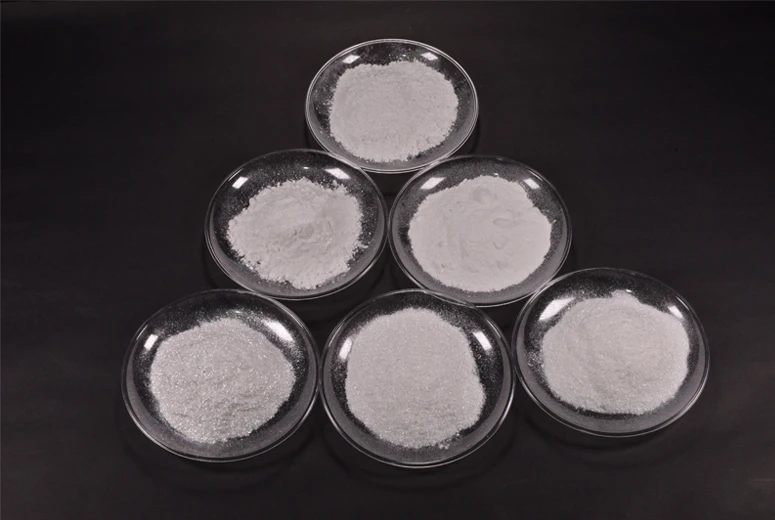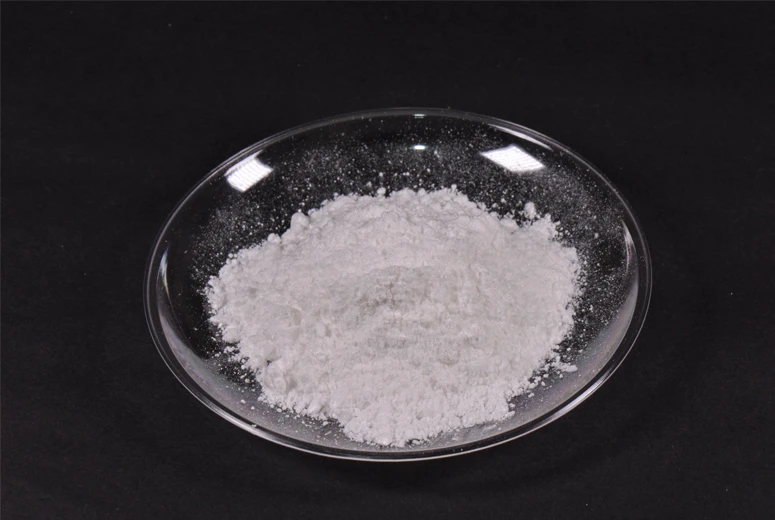Feb . 19, 2025 01:12
Back to list
mica common uses
Mica, a naturally occurring mineral with a layered structure, finds extensive use in various industries due to its exceptional physical and chemical properties. Its versatility and plentiful availability make it a staple across numerous applications. Understanding the common uses of mica not only sheds light on its pervasive presence but also underscores its significance in modern industry.
In the automotive industry, mica's excellent thermal stability and insulating capabilities are utilized in several engine components to improve efficiency and performance. It is often included in brake pad linings, clutches, and drive shafts to enhance durability and reduce wear and tear. Mica composites contribute to noise reduction, an essential factor in providing a quieter and more comfortable driving experience. As automotive technology evolves, the demand for materials like mica that offer both functionality and reliability continues to rise. Plastics and Polymers Industry The application of mica in plastic and polymer industries highlights its ability to enhance material properties. Mica fillers are added to polymers to improve mechanical strength, thermal resistance, and dimensional stability. These improvements are crucial for the production of high-performance plastic products used in various domains, including automotive, aerospace, and consumer electronics. The incorporation of mica into plastic composites is a testament to its effectiveness in extending the lifespan and functionality of synthetic materials. Healthcare and Pharmaceuticals In the healthcare sector, mica serves as a critical component in medical implants and equipment. Its inert nature and non-reactiveness make it a suitable choice for medical devices that require precise control and stability under physiological conditions. Mica's role in pharmaceutical packaging highlights its ability to preserve the integrity of medical products by providing moisture resistance and insulation. As healthcare technology progresses, mica's applications are set to expand, supporting innovations that enhance patient care and medical efficacy. Paints and Coatings In the realm of paints and coatings, mica's ability to reflect light, resist chemicals, and withstand high temperatures is harnessed to produce finishes that are both aesthetically pleasing and functional. Mica-coated surfaces exhibit enhanced durability, maintaining their appearance and structural integrity under various environmental stresses. The mineral's incorporation into specialty paints designed for industrial and marine applications is a testament to its versatility and efficiency in extending the life of coated materials. In conclusion, mica's diverse applications demonstrate its unparalleled utility across multiple industries. Its unique properties offer solutions that address specific industrial challenges, from insulation in electronics to enhancing the aesthetic appeal of cosmetics. As technology and industry demands evolve, mica's importance is likely to grow, driven by its ability to adapt and cater to the needs of modern manufacturing and consumer preferences.
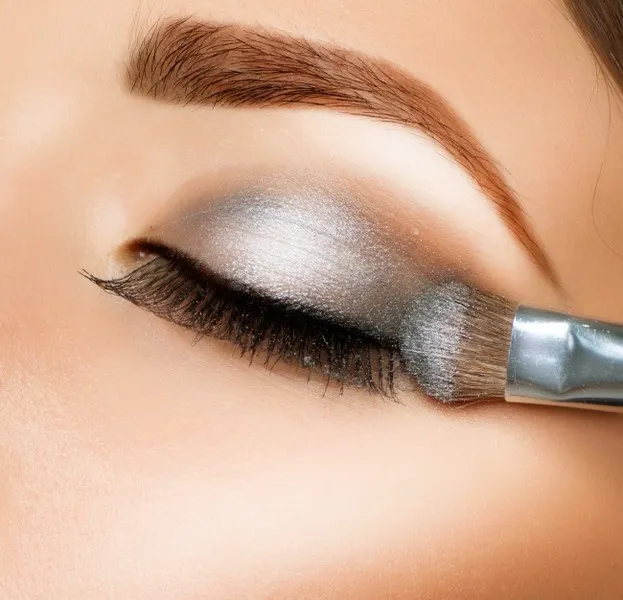

In the automotive industry, mica's excellent thermal stability and insulating capabilities are utilized in several engine components to improve efficiency and performance. It is often included in brake pad linings, clutches, and drive shafts to enhance durability and reduce wear and tear. Mica composites contribute to noise reduction, an essential factor in providing a quieter and more comfortable driving experience. As automotive technology evolves, the demand for materials like mica that offer both functionality and reliability continues to rise. Plastics and Polymers Industry The application of mica in plastic and polymer industries highlights its ability to enhance material properties. Mica fillers are added to polymers to improve mechanical strength, thermal resistance, and dimensional stability. These improvements are crucial for the production of high-performance plastic products used in various domains, including automotive, aerospace, and consumer electronics. The incorporation of mica into plastic composites is a testament to its effectiveness in extending the lifespan and functionality of synthetic materials. Healthcare and Pharmaceuticals In the healthcare sector, mica serves as a critical component in medical implants and equipment. Its inert nature and non-reactiveness make it a suitable choice for medical devices that require precise control and stability under physiological conditions. Mica's role in pharmaceutical packaging highlights its ability to preserve the integrity of medical products by providing moisture resistance and insulation. As healthcare technology progresses, mica's applications are set to expand, supporting innovations that enhance patient care and medical efficacy. Paints and Coatings In the realm of paints and coatings, mica's ability to reflect light, resist chemicals, and withstand high temperatures is harnessed to produce finishes that are both aesthetically pleasing and functional. Mica-coated surfaces exhibit enhanced durability, maintaining their appearance and structural integrity under various environmental stresses. The mineral's incorporation into specialty paints designed for industrial and marine applications is a testament to its versatility and efficiency in extending the life of coated materials. In conclusion, mica's diverse applications demonstrate its unparalleled utility across multiple industries. Its unique properties offer solutions that address specific industrial challenges, from insulation in electronics to enhancing the aesthetic appeal of cosmetics. As technology and industry demands evolve, mica's importance is likely to grow, driven by its ability to adapt and cater to the needs of modern manufacturing and consumer preferences.
Prev:
Next:
Latest news
-
Transforming Surfaces with Mica-Enhanced Paints in Coatings and DecorationNewsJul.02,2025
-
The Ultimate Guide to Mica-Based Luminous Colors with Pearlescent PigmentNewsJul.02,2025
-
The Critical Role of Mica in Industrial Applications in Welding and Oil FieldsNewsJul.02,2025
-
Revolutionizing Automotive Aesthetics with Modified Plastics Pearlescent PigmentsNewsJul.02,2025
-
The Secret with Mica Powder for Cosmetics Behind Radiant, Natural MakeupNewsJul.02,2025
-
Enhancing Performance in Polymer Applications with Mica Powder for RubberNewsJul.02,2025
Products categories


